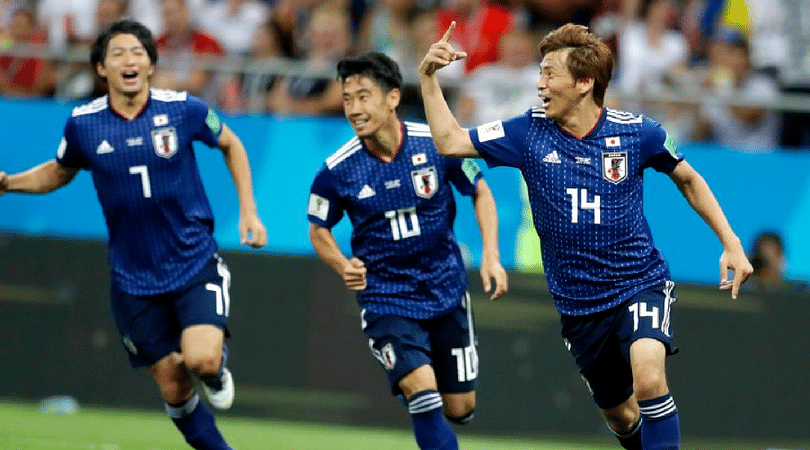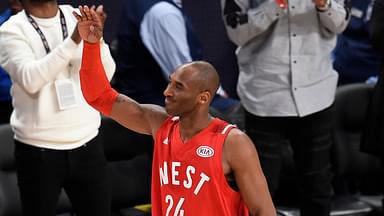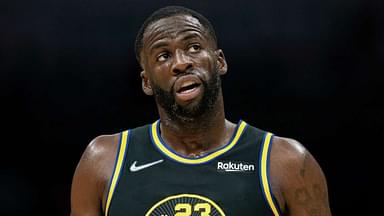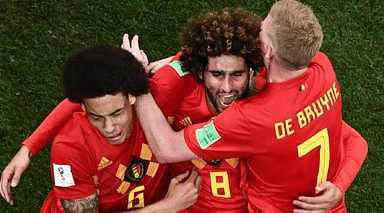It was a spirited display from the Asian nation, as they went down 3-2 against Belgium in the round-of-16.
Attack. Attack after attack. Blistering with pace. Refusal to sit back. Proper fight. From the right. From the left, middle, above.
Attack.
Attack, because this isn’t the script. Attack, because this isn’t what Asians are supposed to do. Attack, because a new chapter is needed in the history of Asian football.
Japan, on the night of July 2, did just that.
When Japan took the corner kick in the final minute of extra time against Belgium last night, they had five of their ten outfield players inside the box. A sixth was marginally outside the box to receive the ball, should a Belgian player head it out. However, as Thibaut Courtois, the Belgian goalkeeper collected the corner, Japan were remained with all but 9 seconds to rectify their blunder. It was too late now, the decision had backfired tremendously.
A team which was within touching distance of a World Cup quarterfinal was eliminated from the tournament in 9 seconds.
It wasn’t as if the counter-attack from Belgium was poor. The ‘Red Devils’ striker, Romelu Lukaku, didn’t touch the ball in 9 seconds but created two excellent dummy moves to negate any possibilities of intervention from Japanese defenders. The rest of the counter-attack was pulled out successfully by Kevin De Bruyne and Nacer Chadli.
If Japan had defended and decided to run the clock out, instead of committing too many bodies up forward, we might have been writing a different story today. But in the larger scheme of things, Japan, if not a story, has already written a new chapter for Asian football in the World Cup.
The East-Asian nation looked anything but scared against one of the toughest opponents in football. They scored two goals in the span of four minutes, and while they did lose the match in the end, Japan fought valiantly, running through the Belgian defence on various occasions.
After the match, Keisuke Honda, one of Japan’s most celebrated players, said, “We were not afraid to play against Belgium and we showed that for 90 minutes, but unfortunately we couldn’t win but I’m proud of the team because we played aggressively and all Japanese people I think are proud of us.”
We weren’t afraid. We played aggressively.
The fact that Asian teams are deprived of opportunities to play highly ranked teams on a regular basis is known to all. And thus, when the spotlight shines the brightest, Asian football teams falter.
But the 2018 World Cup brought about a change in people’s perception of Asian football. Yes, the first match of the tournament was underwhelming. Actually, it was humiliating. So much so, that people doubted FIFA will ruin the World Cup with 8 Asian teams in 2026.
But the script wasn’t finished yet, and a heroic return was inevitable. Iran beat Morocco, and almost eliminated Portugal in a highly intense 2-2 draw. South Korea pulled out the biggest upset of the tournament, defeating Germany 2-0, and thus ending their campaign in the group stages itself. Saudi Arabia ended the World Cup with a sweet 2-1 victory over Mohamed Salah’s Egypt, and Australia lost quite narrowly to France and drew with Denmark in an impressive display.
Japan, meanwhile, punched above their weight from the very first game itself, when they overcame the mighty Colombians 2-1. There was a fight in them. A spirit to prove something. Japanese players lacked the physical ability but compensated it well with the more technical aspects of football.
“Iran was very close and Korea beat Germany so not only Japan but also other Asian nations need to improve a lot,” Maya Yoshida, Japanese defender said.
And this is exactly why Asia needs more exposure in the context of global football. The Asian teams in this World Cup have proved that they didn’t just accumulate numbers. If given the chance, they can compete against the very best in football.
A 48-nation World Cup, proposed for 2026, has 8 slots for Asian teams. While it comes as a big boost, the performances of Asian sides in this World Cup will serve as a stepping stone towards the rise of footballing sides in the continent.




